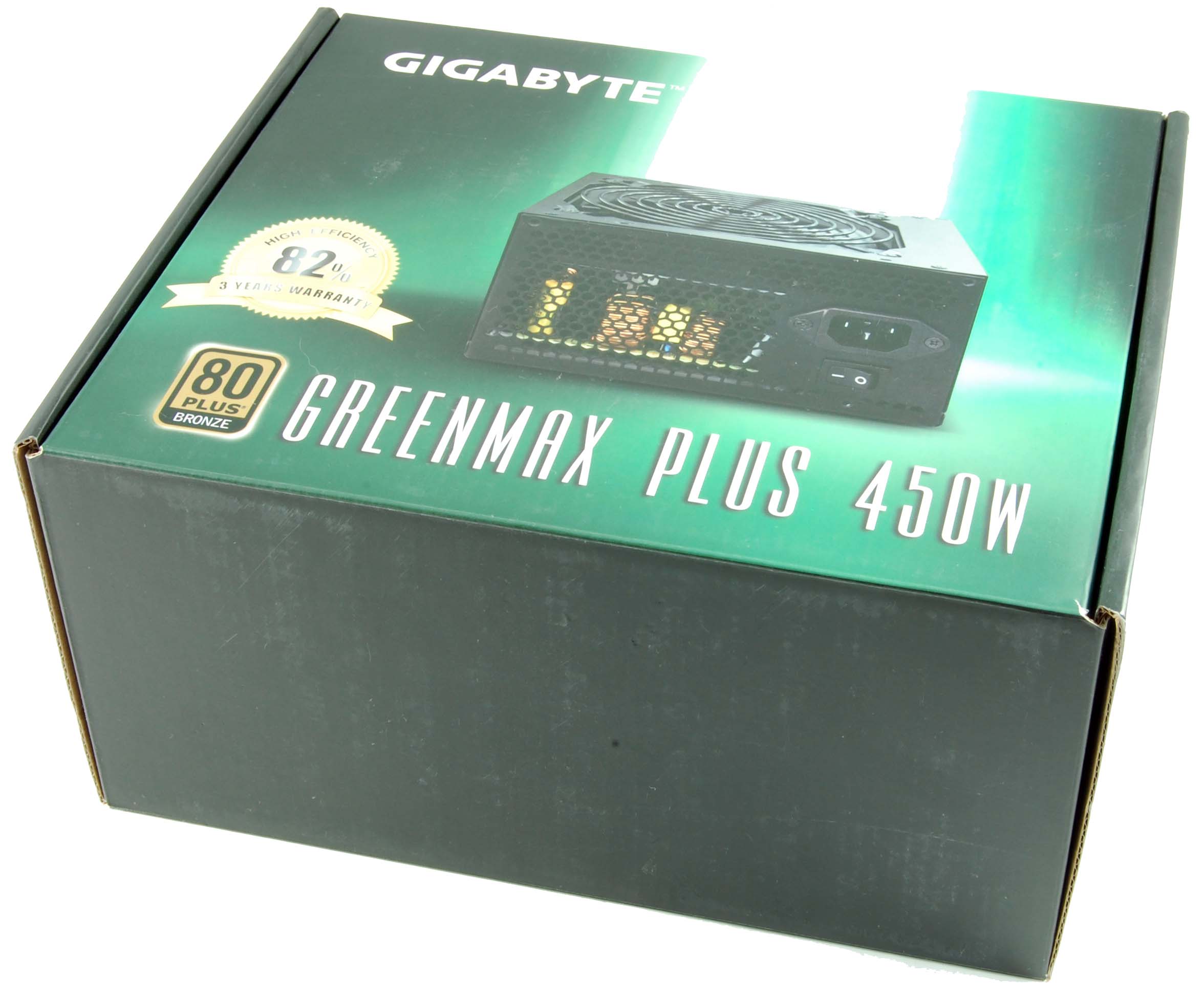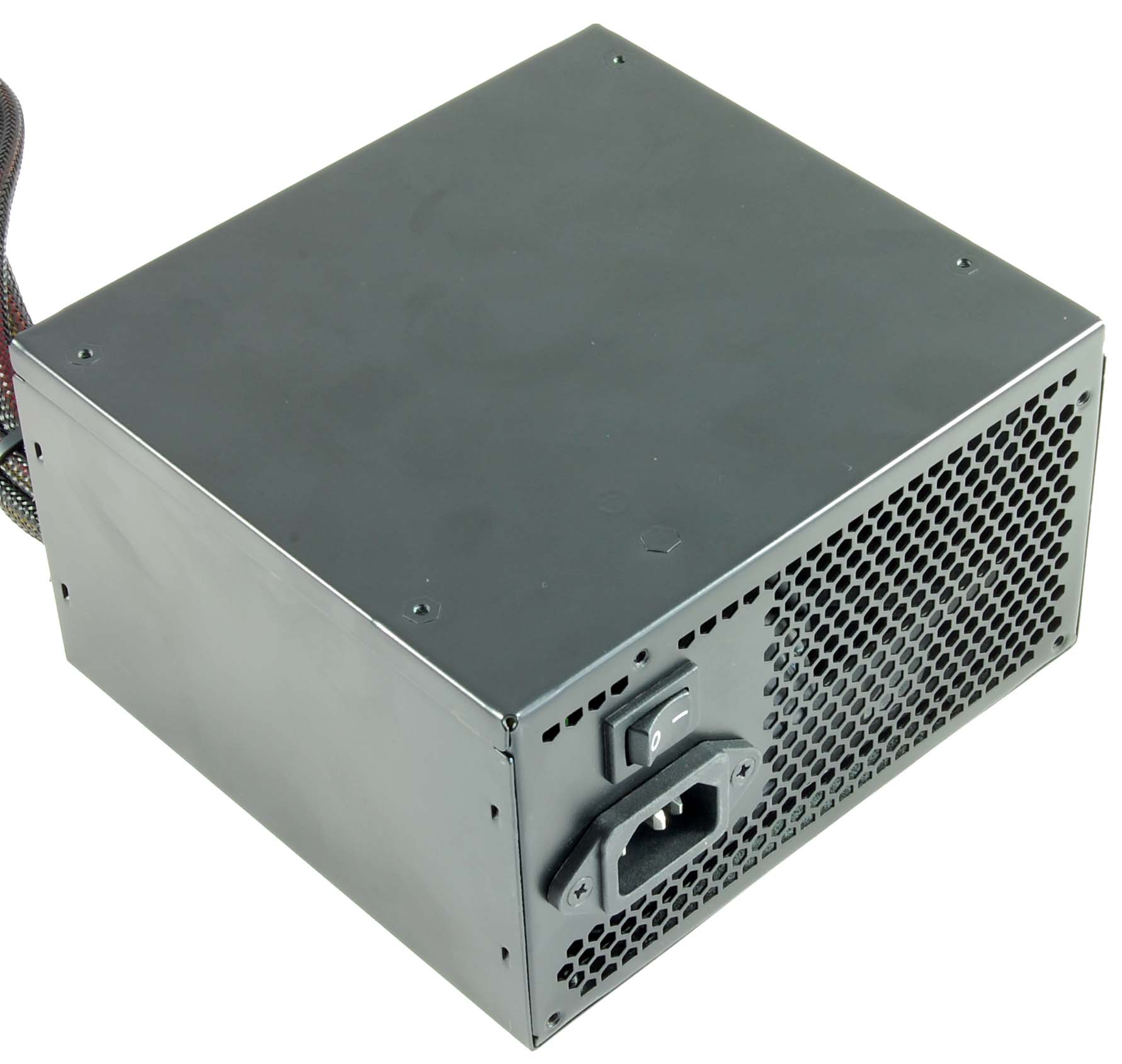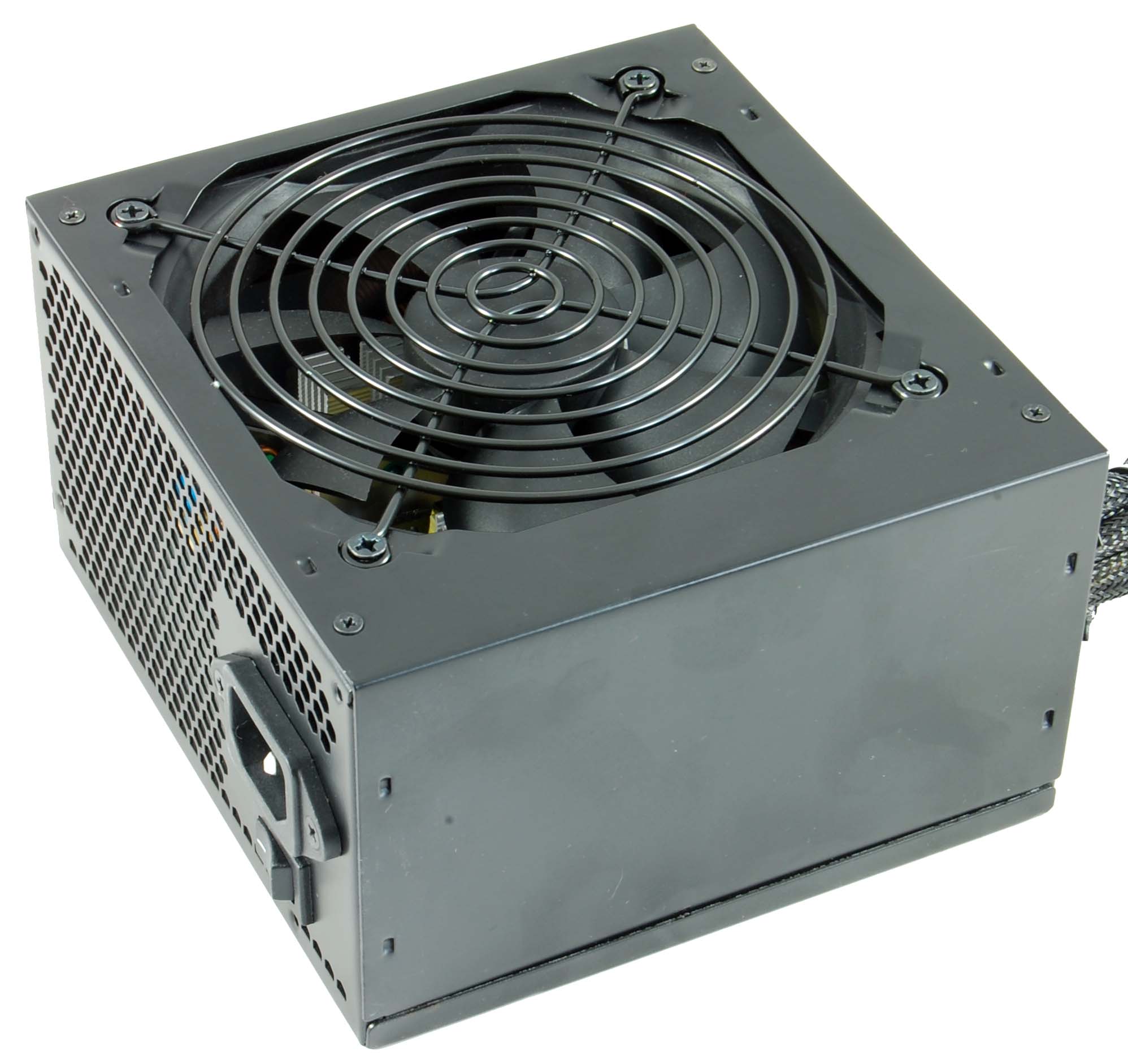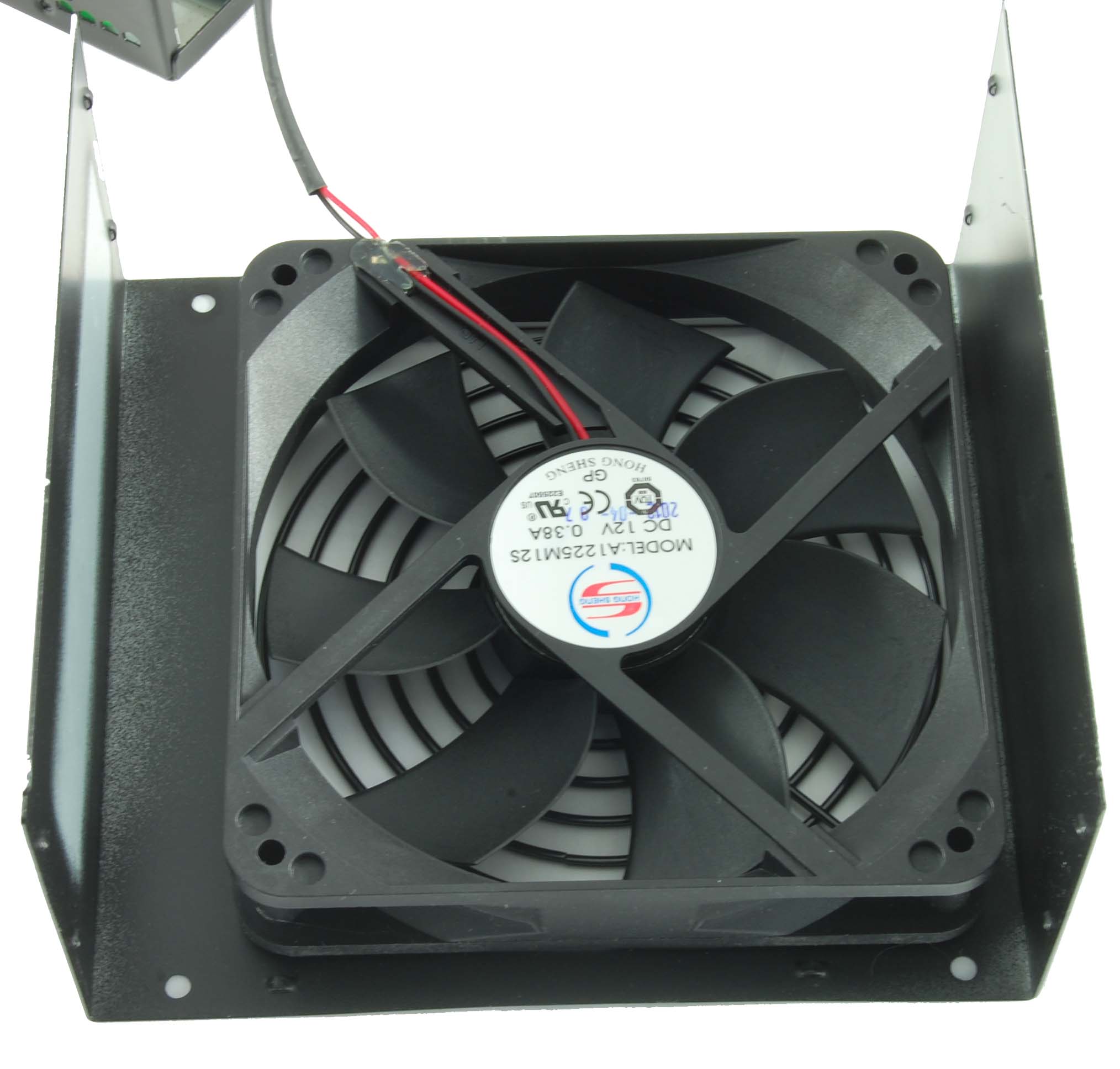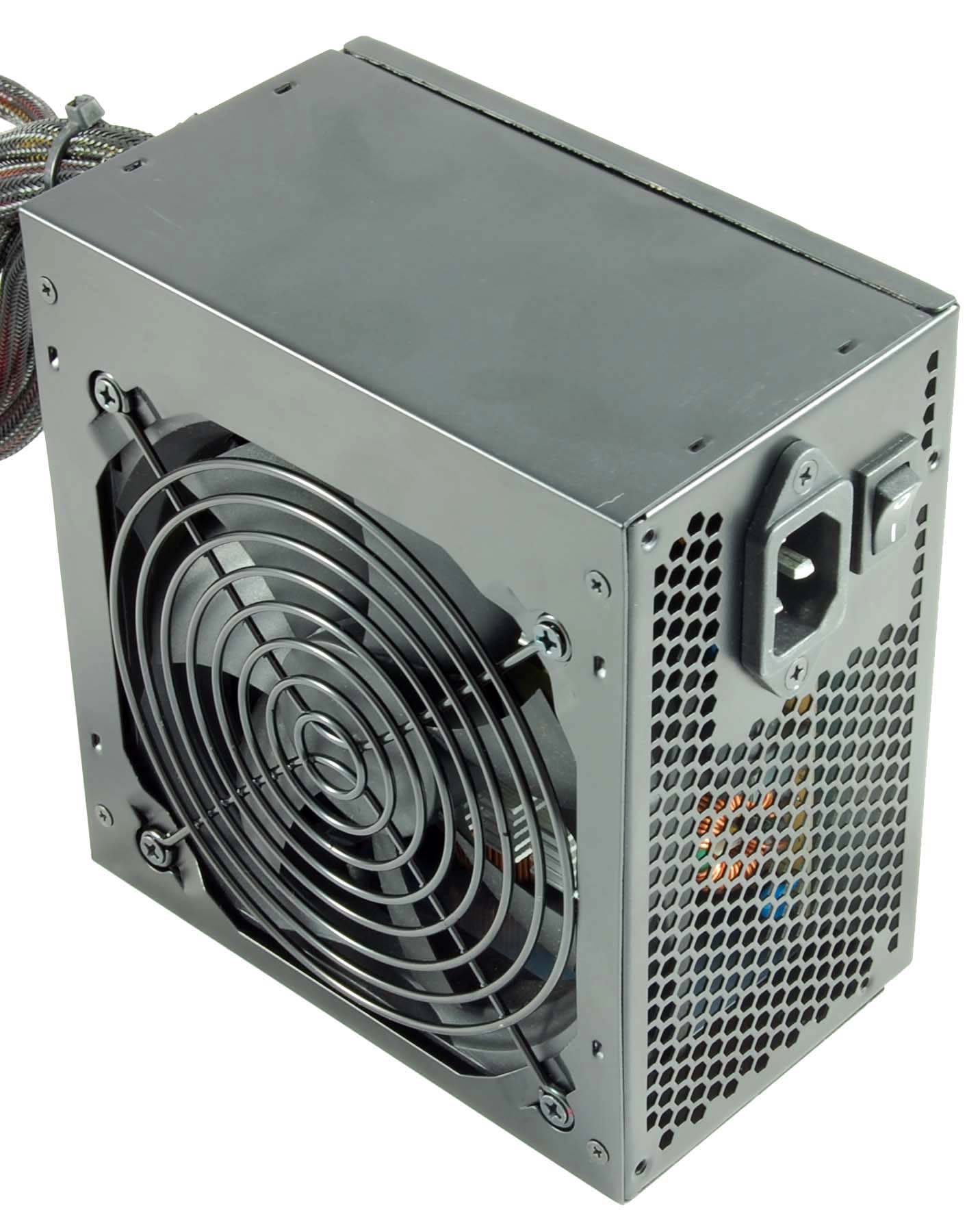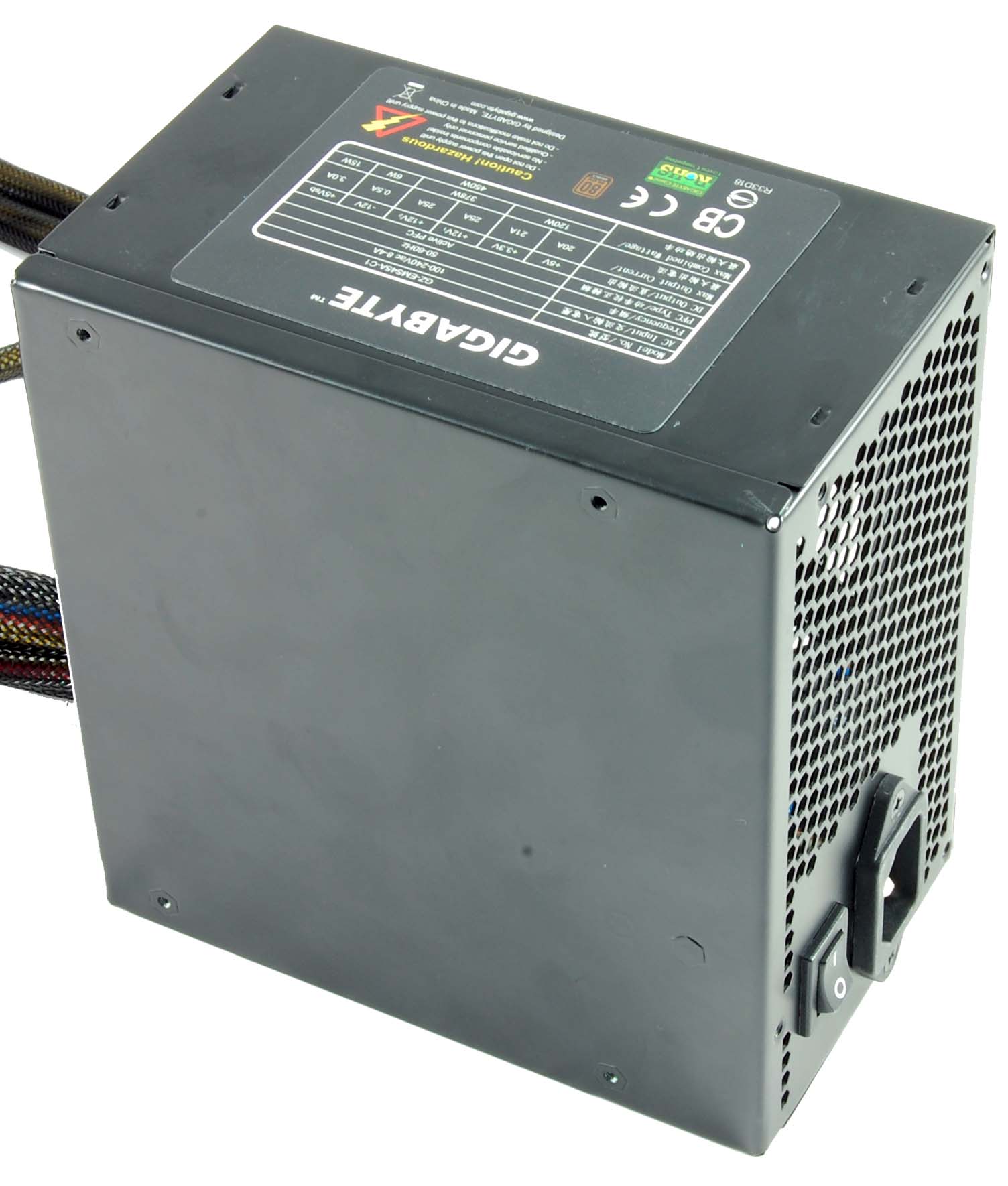Part 2: Four Cheap 80 PLUS Bronze Power Supplies, Reviewed
Ready for part two of our low-cost power supply round-up? Here are four more products, including Seasonic's SSR-360GP, which is 80 PLUS Gold-certified. Is this little 360 W PSU the bargain of the century, or is its Gold label simply pyrite?
Gigabyte Greenmax Plus 450W
Gigabyte, mostly known for its motherboards and graphics cards, is participating in one of our power supply round-ups for the first time. Its Greenmax Plus 450W is a good fit for this budget-oriented comparison. Currently, only the company's 550 and 650 W Greenmax models are available in the U.S., but based on their pricing, we expect the 450 W version to show up in the $50 to $60 range.
Since this is not a high-end PSU, we aren't surprised by its fairly standard features. Its build quality seems OK, but not outstanding. The cables are non-modular and fully sleeved though, which is nice. The cable lengths and the number of connectors are average. There are but three Molex connectors and only one 6+2-pin auxiliary PCI Express connector. So, this power supply isn't really suitable for dual graphics cards, or even a gaming rig with one high-performance card (though that should have been pretty obvious in light of its maximum output). The 450 W PSU sports two +12 V output rails, each of which can deliver up to 25 A for a combined maximum of 32 A. No screws or Velcro bands are included.
| Gigabyte Greenmax Plus 450W | ||||||||
|---|---|---|---|---|---|---|---|---|
| AC Input | 100-240 V, 50-60 Hz | |||||||
| DC Output | +3.3 V | +5 V | +12 V (#1) | +12 V (#2) | +12 V (#3) | +12 V (#4) | -12 V | +5 Vsb |
| 20 A | 21 A | 25 A | 25 A | n/a | n/a | 0.5 A | 3.0 A | |
| Individual Output | Row 3 - Cell 1 | Row 3 - Cell 2 | 32 A | Row 3 - Cell 4 | Row 3 - Cell 5 | 6 W | 15 W | |
| Rail Utilization | Sys | Sys | CPU & VGA | |||||
| Combined Output | 120 W | 378 W | ||||||
| Total Continuous Output | 450 W | |||||||
| Peak Output | 550 W |
Get Tom's Hardware's best news and in-depth reviews, straight to your inbox.
Current page: Gigabyte Greenmax Plus 450W
Prev Page Corsair CX500: Measurements Next Page Gigabyte Greenmax Plus 450W: Measurements-
pepsimtl Please, if you could say , if the power supply is compatible with Haswell .I think this is very important .Reply -
jeffunit I am not sure why you think that a 40w bulb is purely resistive. Almost all bulb filaments are coiled, which makes them inductive. For example, http://www.donsbulbs.com/cgi-bin/r/b.pl/h4652|12.8v|40w|60w~usa.html shows a 12v 40w bulb filament, which is coiled.Reply
Perhaps you should measure the inductance of your bulbs, rather than just stating they are purely resistive. -
vertexx A couple different PSUs for different applications. I use the Corsair CX 430 & 500 for budget gaming builds, and just this week I ordered the Seasonic for the first time for a home server build. Nice to see those choices validated.Reply
Thanks guys, nice article! -
Someone Somewhere ReplyIn spite of its low price, no important components fall victim to cost cutting.
In the CX500. I think Samxon caps count as cost cutting. -
flong777 I have recommended the CX500 many times to budget builders and now I feel better about it. It is the clear winner. Funny TH says it is loud but it was nearly identical to the CM 520 on their chart in DB noise.Reply
On sale you can pick up the CX500 for $40 which is about as cheap as you will ever find any PSU. If you compare how well that Corsair backs its products, there really is no comparison - Corsair is the only choice.
As far as the Seasonic 360, why on earth would you buy a 360W PSU? I just don't see the point. While I can justify a 500W PSU to a budget builder, I really cannot comprehend recommending a 360W PSU to anyone. I feel cautious with a low wattage 500W PSU. All of these PSUs will run hot and loud if they are stressed and so moving up to a 650W or even an 850W PSU really is not that more expensive.
I got the gold rated 850W Corsair HX 850 for $144.00 on sale. I can not even begin to describe how excellent this PSU is. It runs as something around 92% efficiency under load and I have never hear the fan even come on (it may be that low fan is inaudible). It comes with a 7-year warranty and is modular.
If you are not strapped with a low budget, moving up is the only way to go. If you are, the CX 500 is a good choice.
-
vertexx Reply
I just ordered the Seasonic for a home server build. The higher efficiency is a plus since it will be running 24x7. Plus, the system really doesn't need the extra wattage.11443584 said:As far as the Seasonic 360, why on earth would you buy a 360W PSU? I just don't see the point. While I can justify a 500W PSU to a budget builder, I really cannot comprehend recommending a 360W PSU to anyone.
PSUs run more efficiently under load. IMO, the trend has been to overkill on the PSU when it's not really needed. In reality, when you actually add up the max loads of all components a 350-450W PSU is more than enough to run most single GPU gaming builds.
-
vertexx Reply
It's been a while since I've been involved in DC power calculations, but these bulbs are DC bulbs. At DC steady state, what role does inductance play?11443366 said:I am not sure why you think that a 40w bulb is purely resistive. Almost all bulb filaments are coiled, which makes them inductive. For example, http://www.donsbulbs.com/cgi-bin/r/b.pl/h4652|12.8v|40w|60w~usa.html shows a 12v 40w bulb filament, which is coiled.
Perhaps you should measure the inductance of your bulbs, rather than just stating they are purely resistive.
